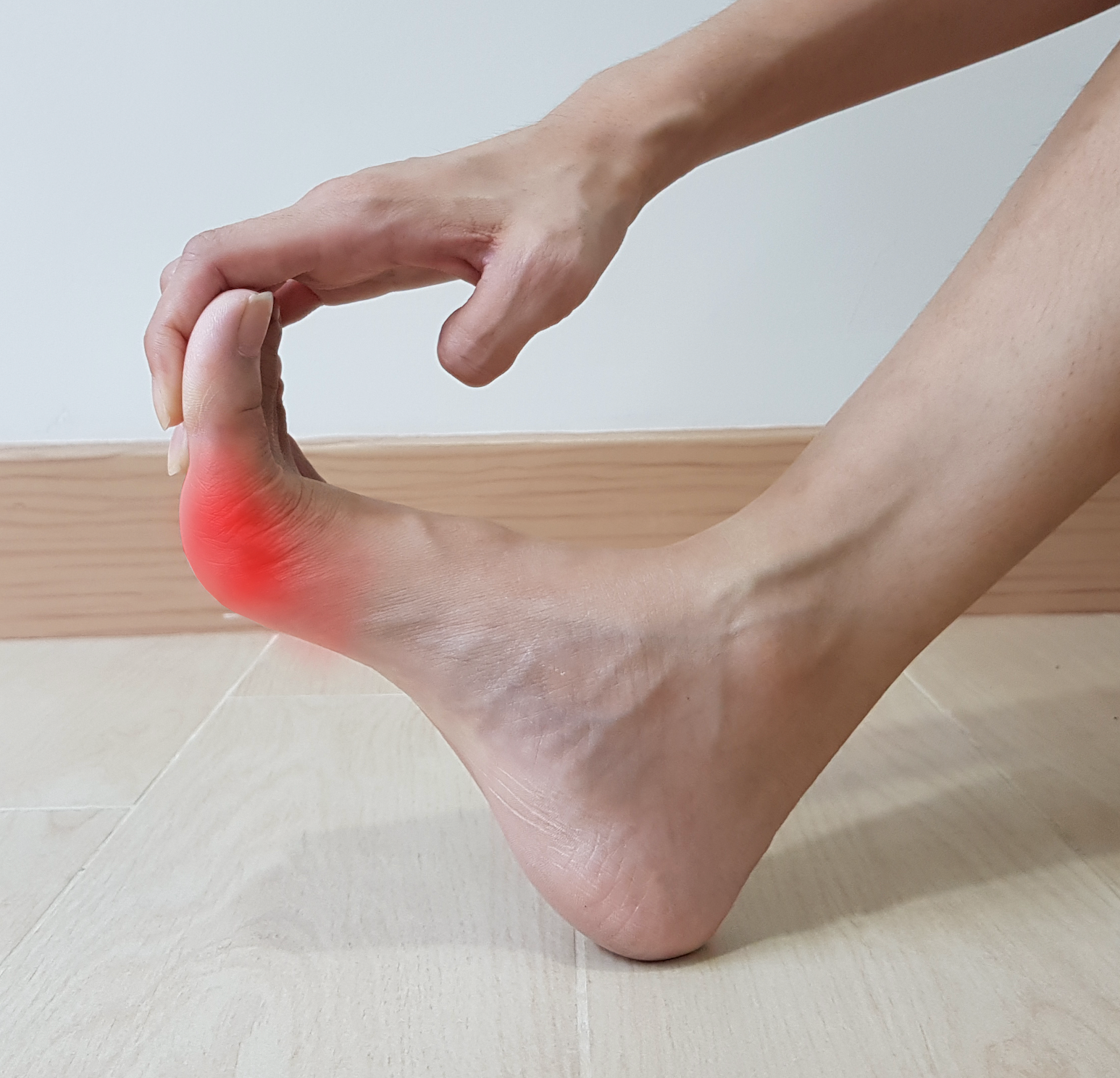Study Compares Clinical Efficacy of Febuxostat, Benzbromarone in Gout Treatment
A study compared the efficacy of febuxostat and benzbromarone in treating gout, emphasizing the lack of consensus in previous research and the need for future, well-designed studies.
Credit: Adobe Stock/Joel bubble ben

Results of a meta-analysis revealed benzbromarone more effectively reduced uric acid and had relatively less hepatotoxicity, while febuxostat significantly impacted renal function-related indexes, according to a study published in European Review for Medical and Pharmacological Sciences.1
Febuxostat reduces uric acid levels by inhibiting the effectiveness and selectivity of 2 forms of xanthine oxidase by binding to their active sites. However, it is not approved for patients whose creatinine (Cr) clearance rate is less than 30 ml/min and is not recommended for those with ischemic or congestive heart disease.2 Benzbromarone works by controlling the apical (luminal) urate exchanger in the human proximal tubule URAT1 and increasing the excretion of uric acid by the kidneys.3
“The clinical efficacy of these 2 drugs in the treatment of gout has been controversial, according to the results of previous studies in the literature,” wrote Zhihong Xiao, MD, associated with the Department of Spinal Surgery, Second Affiliated Hospital, Hengyang Medical School, University of South China, Hunan Province, China, and colleagues. “Among previous studies, there is no consensus on the effects of the two drugs on the human body. There has not been a meta-analysis with a separate comparison of the efficacy of febuxostat and benzbromarone in the treatment of gout.”
Investigators assessed the efficacy of the 2 drugs using a database search, which included Cochrane Library, Embase, and PubMed, to identify relevant articles from inception to January 7, 2023. These studies were evaluated using predesigned inclusion and exclusion criteria. The quality of studies were assessed using the Newcastle-Ottawa Scale (NOS) and the heterogeneity was assessed by funnel plot and Egger’s test.
A total of 1043 studies were initially recognized, with 45 publications excluded for duplication. After screening the titles and abstracts, 14 studies remained and 7 met the inclusion criteria.
According to the meta-analysis, the uric acid-reducing effect of benzbromarone was better when compared with febuxostat, although febuxostat was better at improving the estimated glomerular filtration rate (eGFR) and reducing Cr and blood urea nitrogen (BUN). Benzbromarone was not as potent in increasing alanine transaminase (ALT) and aspartate transaminase (AST) when compared with febuxostat, which indicates less hepatoxicity.
No significant differences in the effect on blood lipid levels were observed between both drugs.
Investigators noted strengths such as including studies without a time or language limitation. The potential of publication bias was reduced due to using subject words and free words during the comprehensive search process. Additionally, investigators accounted for the baseline, short-term, mid-term, and long-term data of all outcomes to minimize the impact of medication time on outcome.
However, limitations included a relatively small sample size from the 7 studies as well as geographically and ethnically limited subjects because all studies were from China. This may be due in part to the discontinuation of benzbromarone in most European countries. Further, differences in baseline data were observed between the 2 groups, which could be due to clinicians’ medication choices.
“The advantage of this study was the comprehensive evaluation of the efficacy of febuxostat and benzbromarone in the treatment of gout using the 8 outcome indicators of renal function, liver function, and blood lipids,” investigators concluded. “The efficacy of the 2 drugs in the treatment of gout needs to be further confirmed in large, well-designed studies.”
References
- Yan CQ, Liang C, Lan ZR, et al. Comparison of the efficacy of febuxostat vs. benzbromarone in the treatment of gout: a meta-analysis in Chinese gout patients. Eur Rev Med Pharmacol Sci. 2023;27(24):11988-12003. doi:10.26355/eurrev_202312_34797
- Bardin T, Richette P. The role of febuxostat in gout. Curr Opin Rheumatol 2019; 31: 152-158.
- Kang EH, Park EH, Shin A, Song JS, Kim SC. Cardiovascular risk associated with allopurinol vs. benzbromarone in patients with gout. Eur Heart J 2021; 42: 4578-4588.